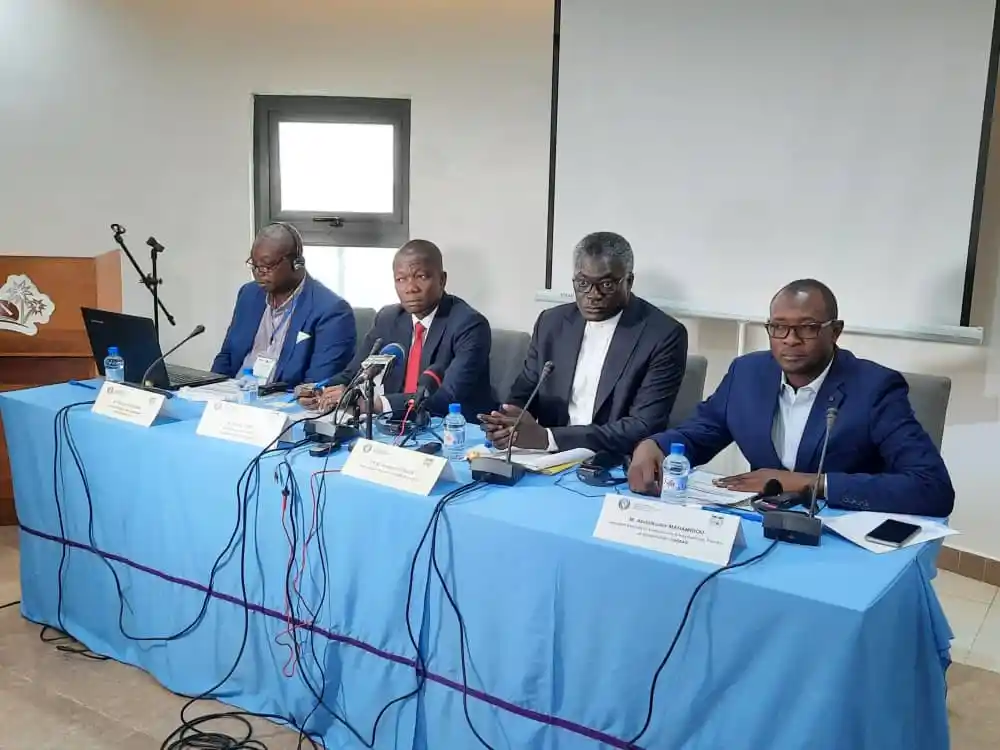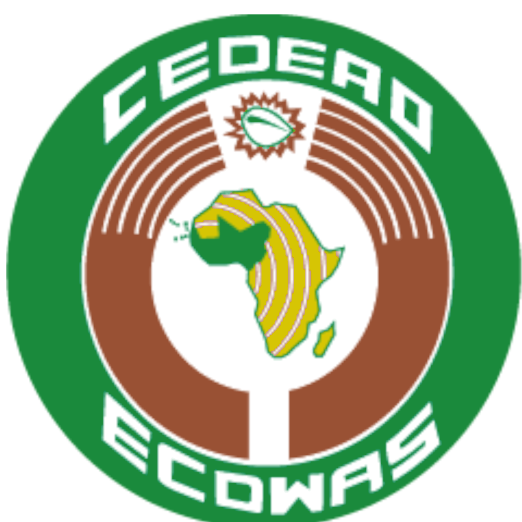ROGEAP Journalists’ Network Preparing for its Second Regional Sensitization Workshop

The ROGEAP Journalists’ Network is set to roll out its Second Regional Information and Sensitization Workshop scheduled from the 13th to the 14th of March 2024 in Lome, Togo. The Regional Off-grid Electricity Access Project (ROGEAP) is funded by the World Bank, the Clean Technology Fund and the Netherlands Government’s Directorate for International Cooperation.
The project forms part of ECOWAS program on access to sustainable electricity services contributing directly to the objectives of the ECOWAS Renewable Energy Policy, which aims to provide universal access to electricity in the region by 2030. The project has two main components comprising the development of a regional market for off-grid solar PV systems as well as enabling the private sector to access financing for off-grid solar PV products.
The Lomé workshop seeks to update members of the network on the activities implemented by the project since its inception which will be presided over by the ECOWAS Commissioner for Infrastructure, Energy and Digitalization, Sediko Douka.
According to reports, out of the 406 million people living in West Africa and Sahel Regions, an estimated 208 million have no access to electricity, with around 70% living in rural areas. The two-day event would therefore bring together members of the ROGEAP Journalists’ Network from across the 19 member states to discuss the role, missions, activities and intervention mechanisms of the Project Fund manager (PFM) in the member states.
Participants will also dilate on the role, missions, activities and intervention mechanisms of the West African Development Bank in member states. The forum is also expected to finalize the document that defines a strong collaborative mechanism between the ROGEAP Journalists’ Network and ROGEAP implementation partners.
The Regional Off-grid Electricity Access Project dubbed ROGEAP established by ECOWAS in partnership with the West African Development Bank (WADB) officially began its activities in April 2022. The project was launched at regional level in October 2023 in Praia, Cabo Verde with the ultimate objective of increasing easy access to electricity in the ECOWAS and Sahel Regions using modern, stand-alone solar technology through a harmonized regional approach.


I am currently employed with the Ministry of Commerce and Industry, Republic of Liberia in the Division of Public Affairs as Director.
I am a regular contributor of feature articles (economic, environmental, political),etc, to local dailies in Liberia.